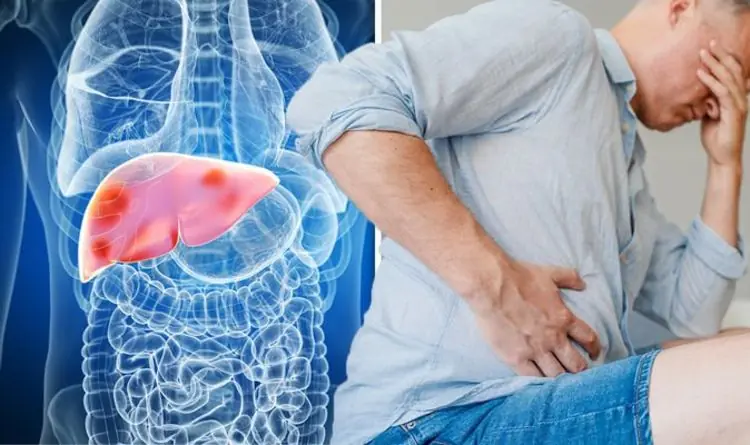
New Study Finds That Cuddling Can Calm You, Reduce Stress, And Strengthen Your Heart
The Healing Power of Cuddling: A Simple Touch with Profound Benefits
Imagine this: You’ve had a long, taxing day, and stress has accumulated like a heavy cloak around you. The tension in your body feels unshakable. But then, someone dear to you pulls you into a gentle, comforting embrace. In that moment, something magical happens. Your heartbeat slows, your muscles loosen, and for the first time in hours, you feel a sense of peace and calm wash over you.

This sense of relief isn’t just psychological—it’s physiological. Research has shown that physical touch, especially cuddling, triggers a series of responses in the body that activate the nervous system, reduce stress, and even promote heart health. In our increasingly independent and digitally connected world, we often forget that human beings are biologically wired for real, physical closeness and intimacy. Yet, science is revealing that cuddling isn’t just a way to seek comfort; it may hold the key to better mental health, stronger relationships, and even a longer, healthier life.
How Cuddling Reduces Stress and Anxiety
Stress is an unavoidable part of modern life, whether it’s caused by work deadlines, personal challenges, or the daily grind. But the way we handle it can significantly impact our mental and physical well-being. Many people turn to mindfulness practices, exercise, or deep breathing to manage stress. However, what if one of the most powerful ways to combat stress was something as simple as human touch?

Research has found that physical affection, such as cuddling, hugging, or holding hands, can serve as a natural remedy for stress, directly influencing our physiological state and encouraging a sense of relaxation. At the heart of this response is oxytocin, often referred to as the “love hormone” or “cuddle chemical.” When we engage in physical touch, oxytocin is released in the brain, fostering feelings of safety, trust, and emotional connection. More than just a bonding agent, oxytocin directly counters cortisol, the body’s primary stress hormone.
Excessive cortisol is linked to anxiety, high blood pressure, and even weakened immune function. By reducing cortisol levels, cuddling allows the body to enter a state of relaxation, slowing the heart rate, relaxing muscles, and promoting an overall sense of well-being. Research backs this up: studies show that couples who engage in regular physical affection have lower cortisol levels and enjoy lower blood pressure and heart rate, suggesting that simple acts of closeness can have lasting effects on our health.
The Cardiovascular Benefits of Cuddling
When we think about heart health, we often focus on factors like diet, exercise, and genetics. But what if something as simple as cuddling could also contribute to maintaining a healthy heart? Studies suggest that physical affection, particularly cuddling, is not just beneficial for emotional well-being but for heart health as well.

Cuddling and other forms of affectionate touch have been associated with lower blood pressure, improved circulation, and a reduced risk of heart disease. One study showed that couples who engaged in physical affection had lower systolic and diastolic blood pressure compared to those who were less physically affectionate. High blood pressure, often referred to as the “silent killer,” is a major risk factor for cardiovascular disease and stroke. By promoting relaxation and reducing the body’s stress response, cuddling can help regulate blood pressure, serving as a natural method to support long-term heart health.
Affectionate touch also benefits heart rate variability (HRV), an important indicator of cardiovascular health. Higher HRV suggests a balanced nervous system, meaning the body is less frequently in “fight or flight” mode. Chronic stress can lead to an overactive sympathetic nervous system, which puts undue strain on the heart. Cuddling, through its ability to activate the parasympathetic nervous system (the “rest and digest” state), helps the heart function more efficiently, relieving unnecessary stress on the cardiovascular system. People in loving, physically affectionate relationships often experience lower levels of inflammation, a major contributor to heart disease.
Loneliness and emotional isolation, conversely, are linked to higher risks of hypertension, heart attacks, and strokes. In essence, love—expressed through touch—may be one of the most underrated yet powerful contributors to a healthy heart. While medical advancements and lifestyle changes are crucial, we should not underestimate the value of human connection. A hug, a cuddle, or even holding hands may not replace medications, but they can certainly complement them. In a world where heart disease remains a leading cause of death, one of the simplest ways to take care of our hearts is through connection—through love, intimacy, and the healing power of touch.
Cuddling and Emotional Resilience
Life’s challenges are inevitable. Whether it’s unexpected setbacks or the daily pressures of modern living, emotional resilience—the ability to recover from stress—is what allows us to keep moving forward. While we often associate resilience with mental strength or personal growth, science is now highlighting the profound role of physical touch in fostering emotional resilience.
Cuddling, hugging, and other forms of physical affection do more than just provide comfort; they actively influence how we process stress, emotions, and our relationships with others. At the core of this process is the nervous system, which constantly evaluates our environment for potential threats. When we experience stress, our body enters fight-or-flight mode, increasing heart rate and releasing cortisol and adrenaline. However, physical touch signals safety to the brain, which activates the parasympathetic nervous system, reducing heart rate, relaxing muscles, and inducing calmness.

Cuddling, therefore, doesn’t just feel good—it helps train the body to recover from stress more quickly, making us less reactive to future challenges. Research shows that people who receive regular physical affection tend to experience lower levels of anxiety and depression. In one study, participants who were hugged frequently reported feeling more emotionally stable and less stressed over time. This is because touch helps regulate oxytocin and serotonin levels, two essential neurotransmitters responsible for emotional balance. Oxytocin, in particular, reduces fear and increases trust, making people feel more secure in their relationships and better equipped to handle life’s hurdles.
Beyond Romance: The Power of All Forms of Touch
While cuddling is often associated with romantic relationships, physical affection is a fundamental human need that extends beyond romantic partnerships. Whether it’s hugging a friend, holding hands with a loved one, or even petting a dog, touch can heal, comfort, and strengthen our emotional and physical well-being. Scientific studies confirm that physical affection isn’t reserved for couples; it’s a universal need that benefits people of all ages and relationship types.
One study found that brief moments of physical affection, such as a hug from a friend or a gentle touch on the shoulder, significantly reduced stress and increased feelings of emotional support. People who receive regular non-romantic touch from family and friends tend to have lower levels of anxiety, depression, and loneliness. This is because touch triggers the release of oxytocin, fostering trust and deepening social bonds, making us feel more connected to others.
The benefits of touch extend beyond human relationships as well. Studies have shown that interacting with animals—such as petting a dog or cuddling a cat—can have similar effects on stress reduction and heart health. Therapy animals are used in hospitals, nursing homes, and workplaces to provide emotional support, lower anxiety, and ease loneliness. Stroking a pet can reduce blood pressure and release feel-good hormones, reinforcing the idea that affection, in any form, has healing properties.
Embracing the Power of Connection
In a fast-paced world where digital distractions often pull us away from genuine human interaction, the power of physical touch remains one of the most profound yet simple ways to heal. Science has confirmed what we’ve always intuitively known—cuddling, hugging, and affectionate touch aren’t just comforting acts but essential tools for reducing stress, strengthening our hearts, and promoting emotional resilience.

Yet, beyond the biology and research, there’s a deeper truth: human connection is not just a luxury, it’s a necessity. In times of uncertainty, a warm embrace can provide reassurance when words fall short. In moments of happiness, a simple touch can amplify joy. Whether it’s a hug from a loved one, holding hands with a friend, or the soft presence of a pet, physical affection reminds us that we are never truly alone.
So, here’s the challenge: Make connection a priority. Hug your loved ones longer, reach out to friends with reassuring touches, and offer warmth and presence through kindness and affection. Because, in the end, love isn’t just something we feel—it’s something we express, through the simple yet powerful act of being there for one another. And sometimes, a single embrace can speak louder than a thousand words ever could.
News in the same category

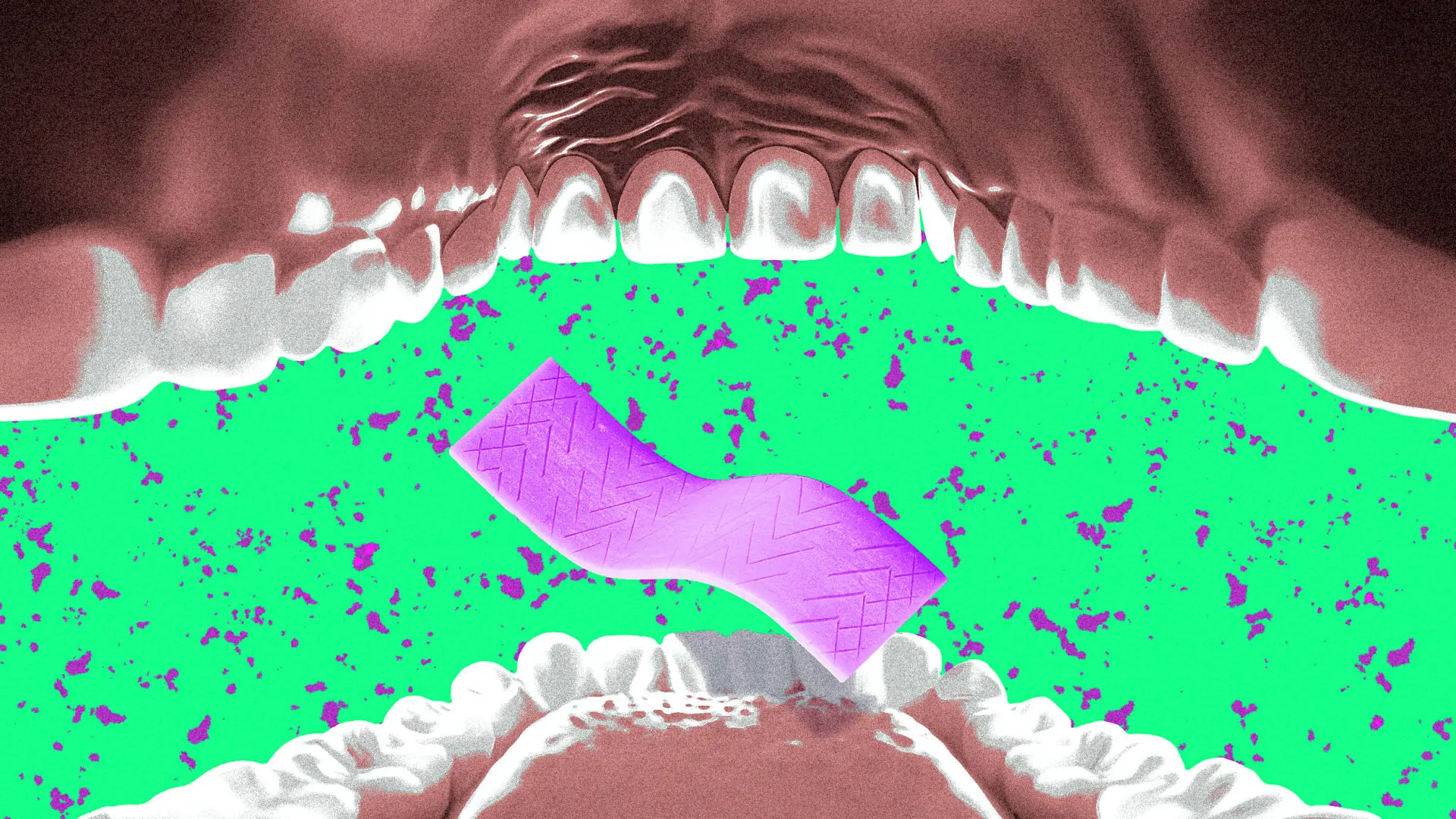
Chewing Gum Releases Microplastics Into Saliva – Even Natural Gums Are Not Safe, Study Finds
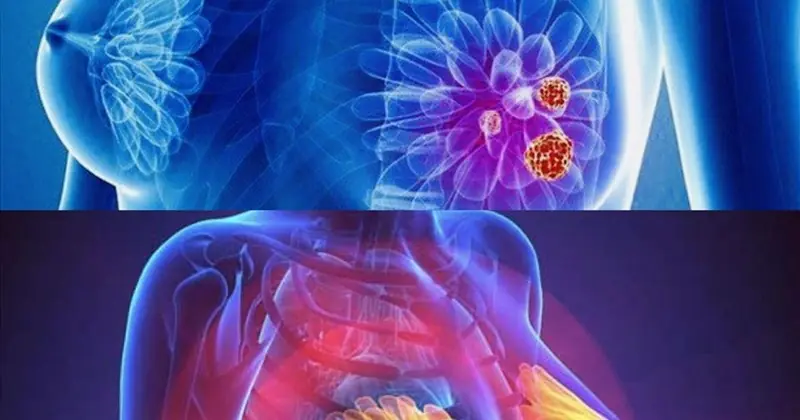
STUDY SHOWS SWITCHING TO PERSONAL CARE PRODUCTS WITHOUT CERTIAN PRESERVATIVES TURNS BREAST CANCER GENES OFF IN 28 DAYS
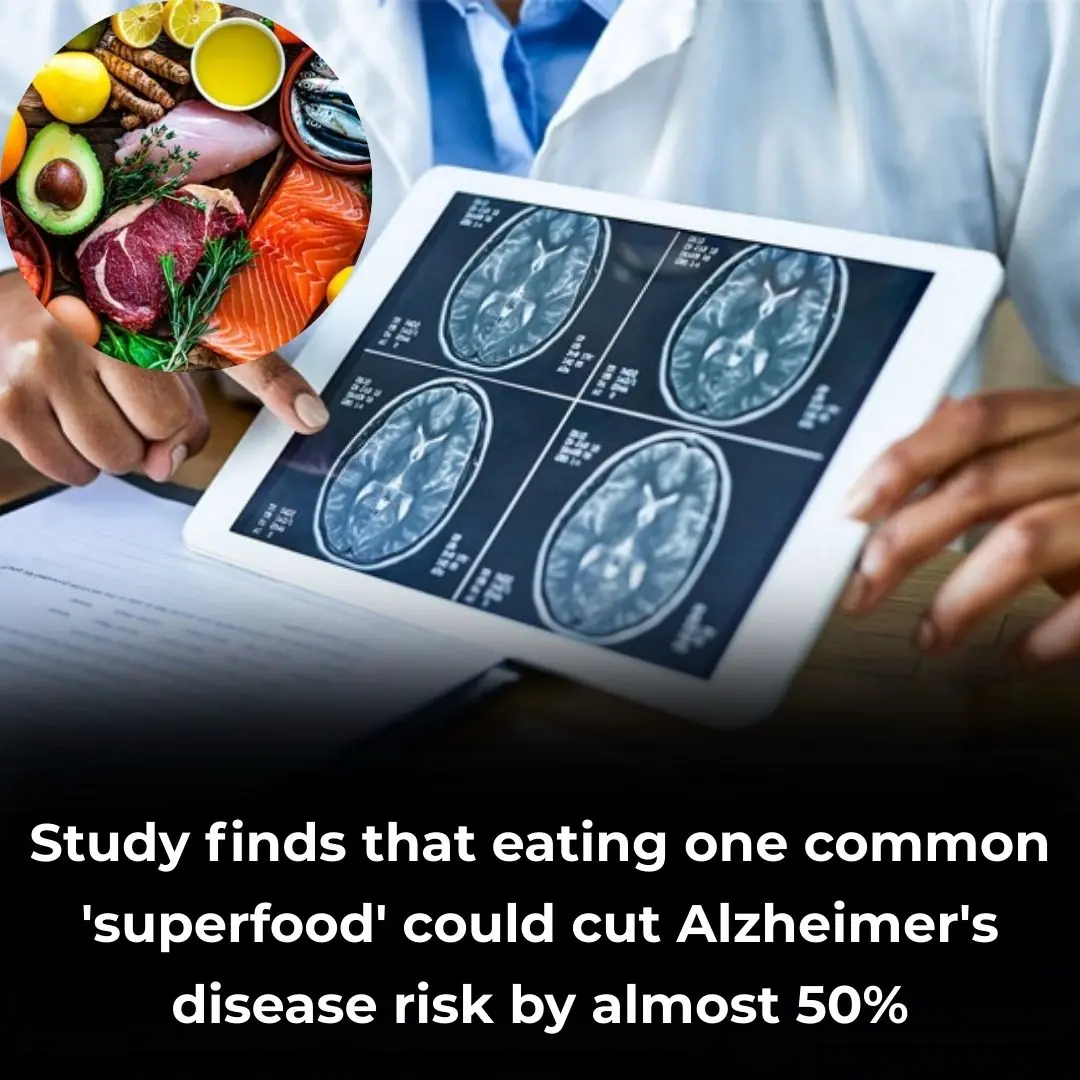
Study finds that eating one common 'superfood' could cut Alzheimer's disease risk by almost 50%
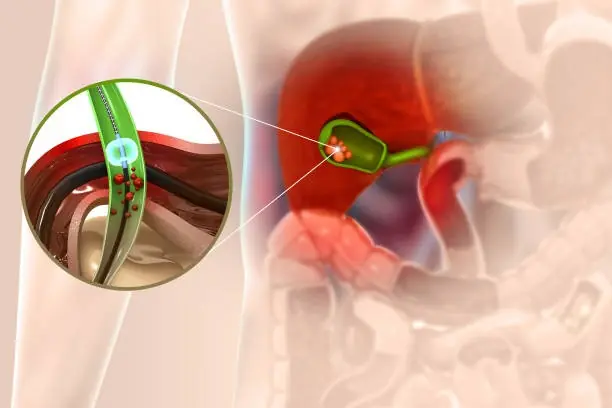
Side Effects and Dietary Recommendations Post Gallbladder Surgery
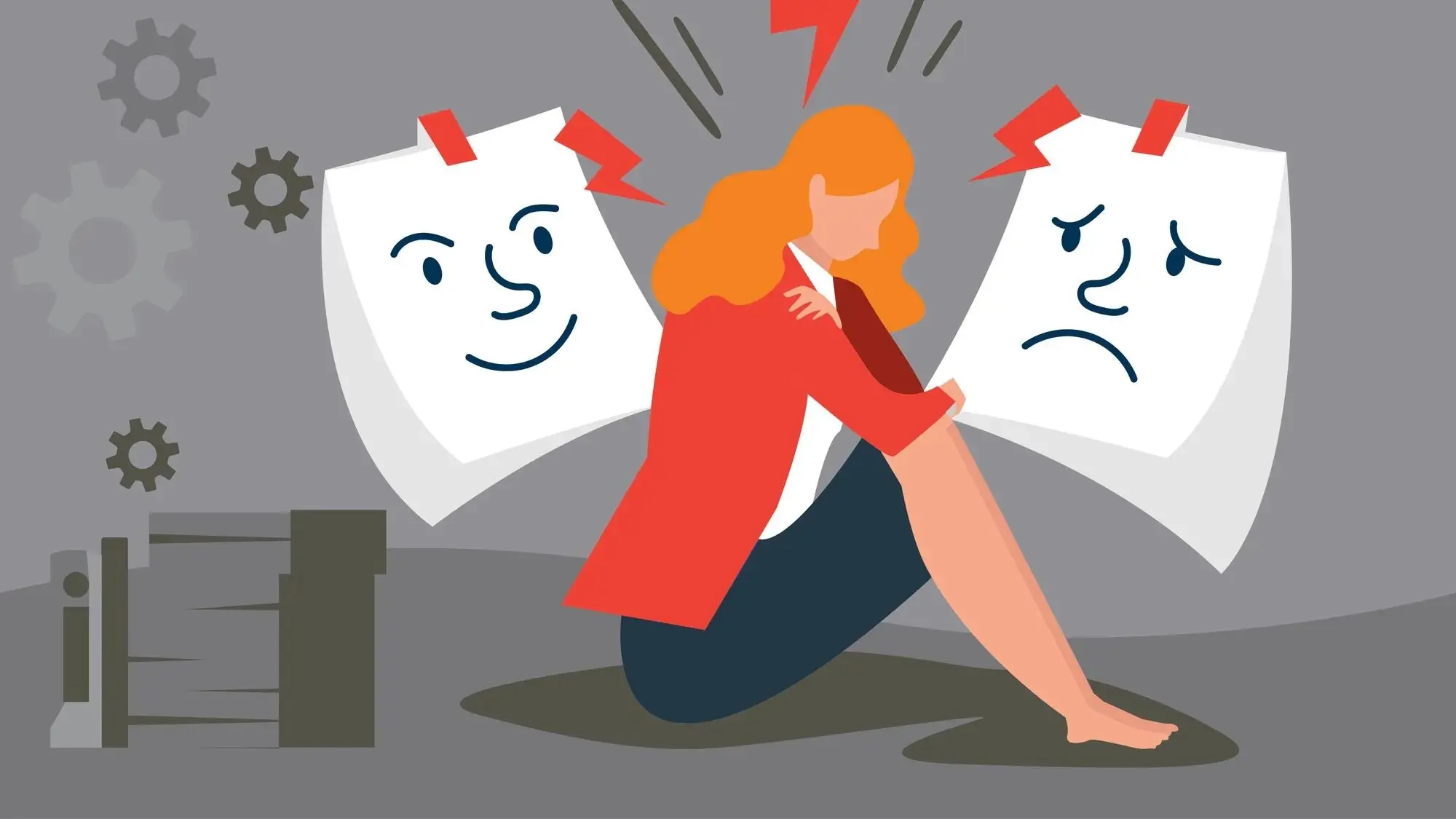
Signs You May Be Living With High-Functioning Anxiety
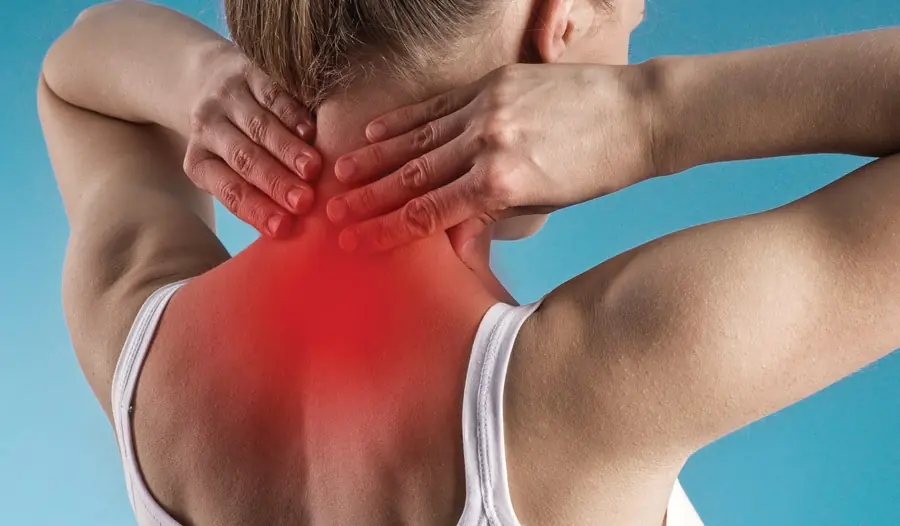
How to Know if You Have Fibromyalgia + 8 Natural Approaches to Relieve
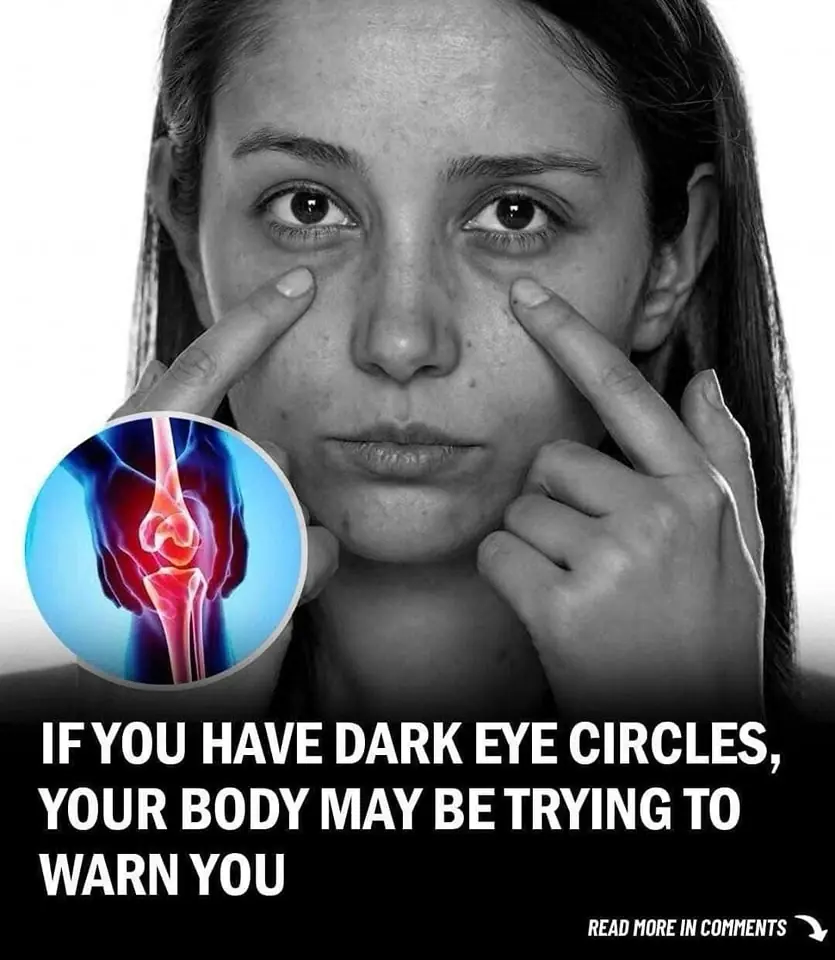
Dark eye circles might be a subtle health warning
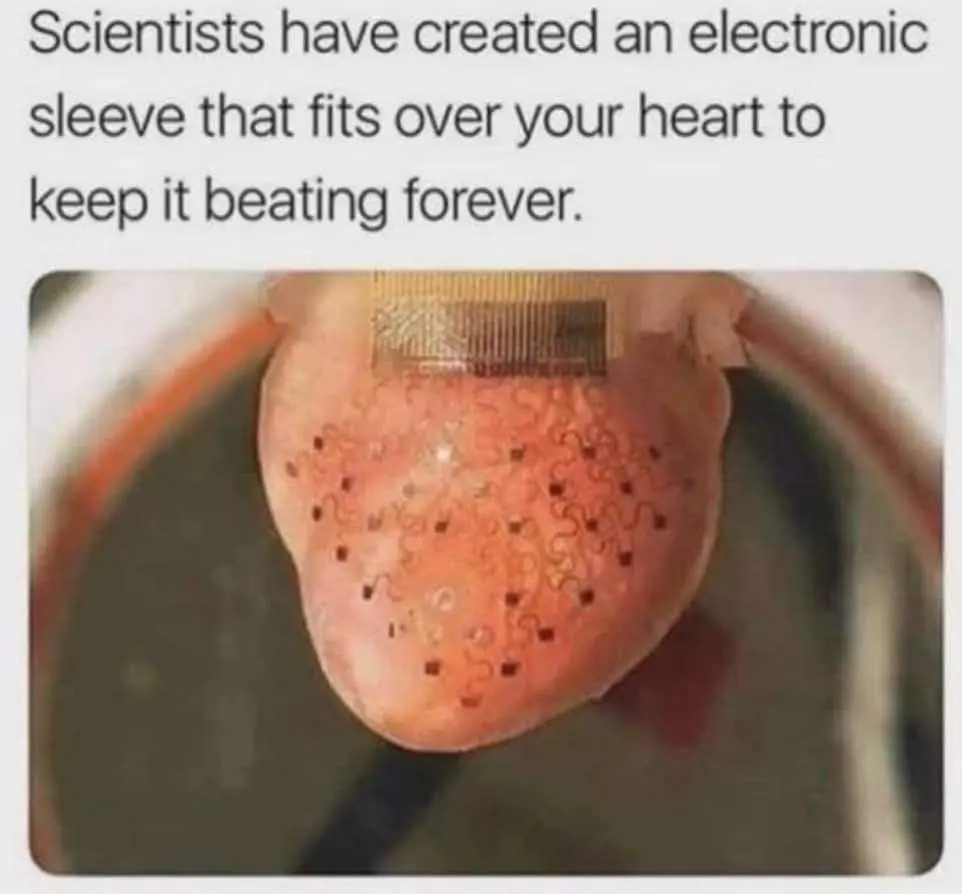
Could This 3D-Printed ‘Electronic Glove’ Keep Your Heart Beating Forever?

The Amount Of Time You Spend Peeing Could Be A Warning Sign For Bigger Health Issues
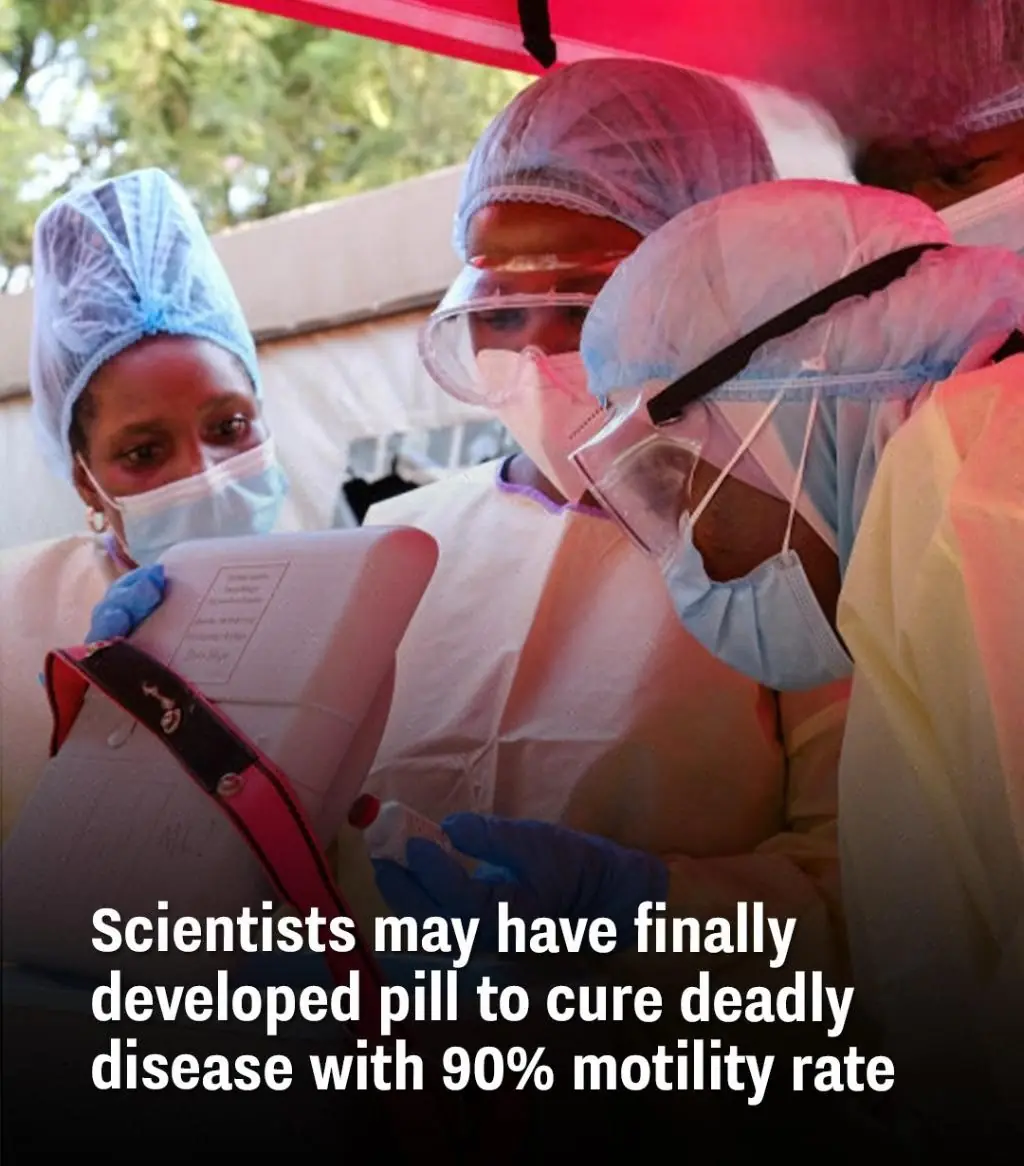
Scientists may have finally developed pill to cure deadly disease with 90% mortality rate

Man Shares His 'Proof' of Life After Death and the Seven 'Stages' of the Afterlife
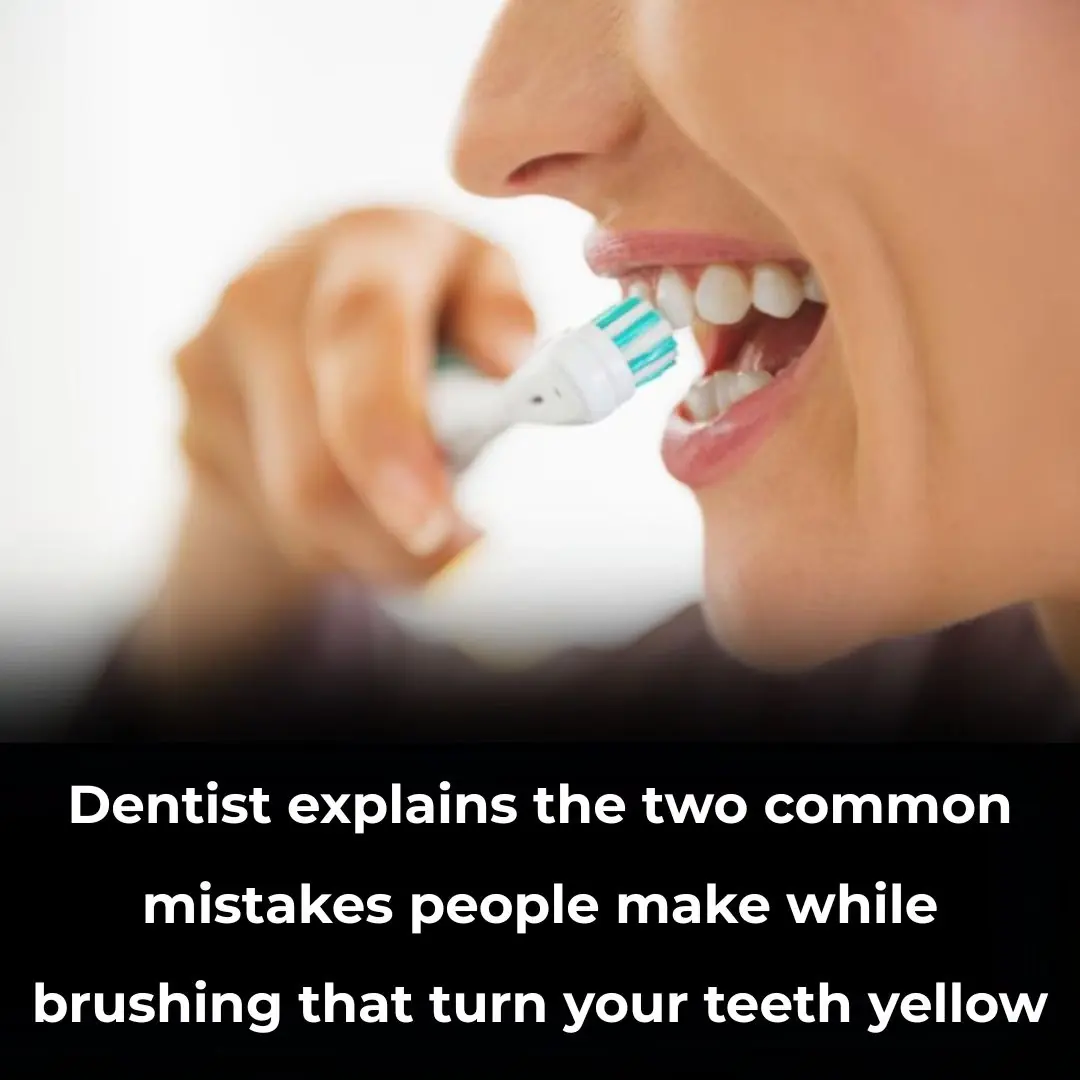
Dental Expert Reveals the Top Two Brushing Mistakes That Lead to Yellow Teeth

They Hid This From Seniors: It Unclogs Arteries INSTANTLY!
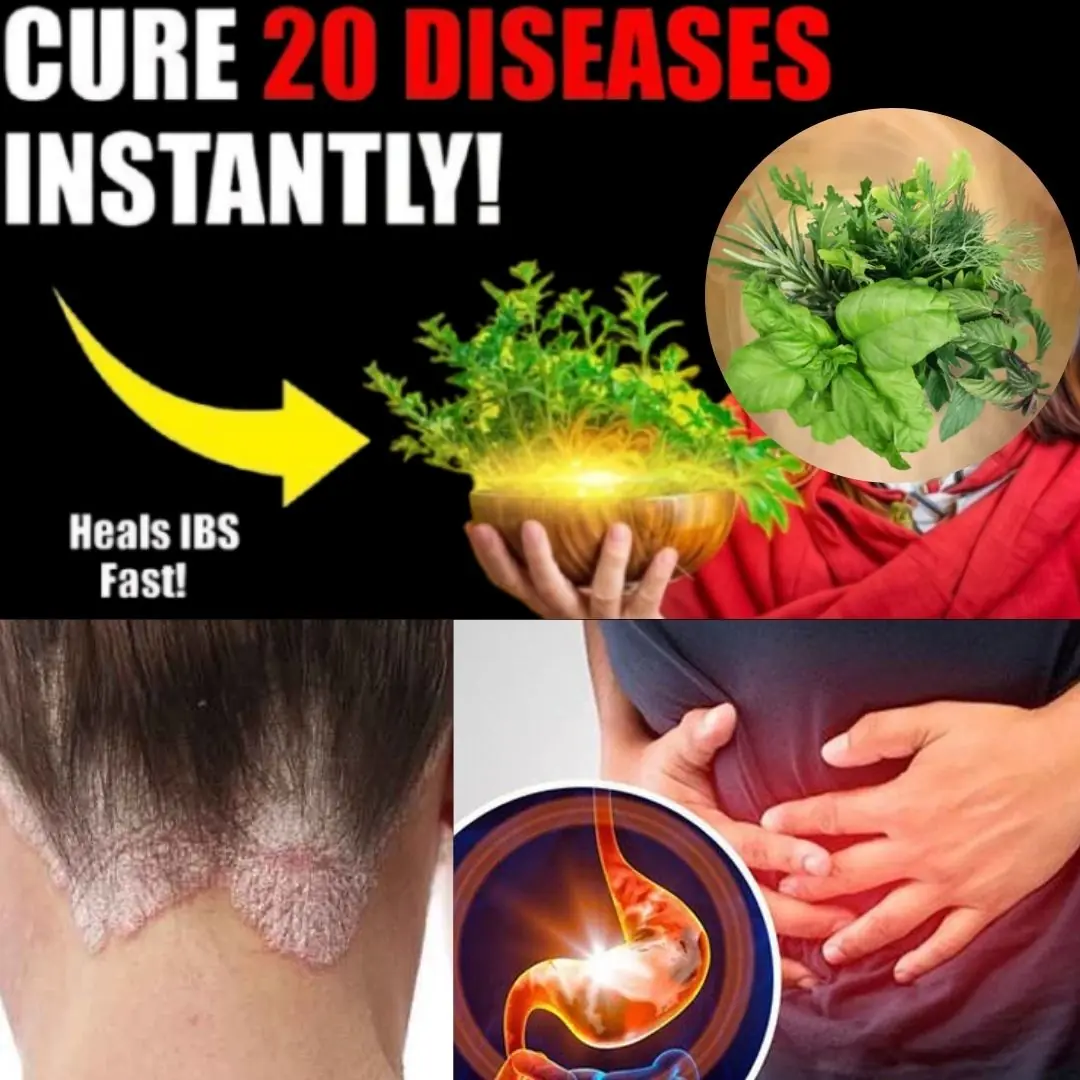
This Secret Herb Can Heal 20 Diseases

Research shows that individuals who took psilocybin experienced significant enhancements in emotional empathy.
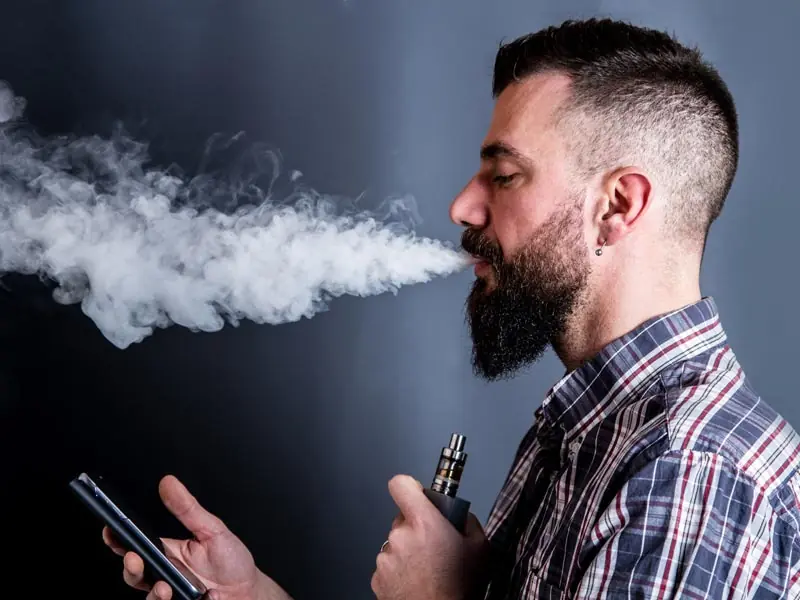
New Study Investigates Why Vaping Could Be More Dangerous Than Smoking

Disturbing X-ray Shows Creatures Breeding Inside Man's Body After Everyday Kitchen Mistake
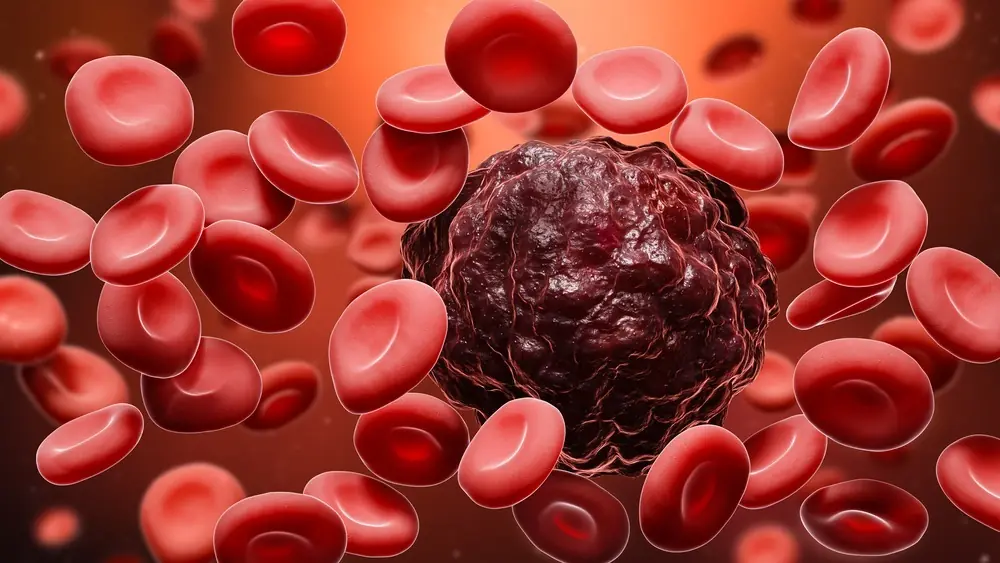
Foods you should not eat every day because they can easily cause diabetes
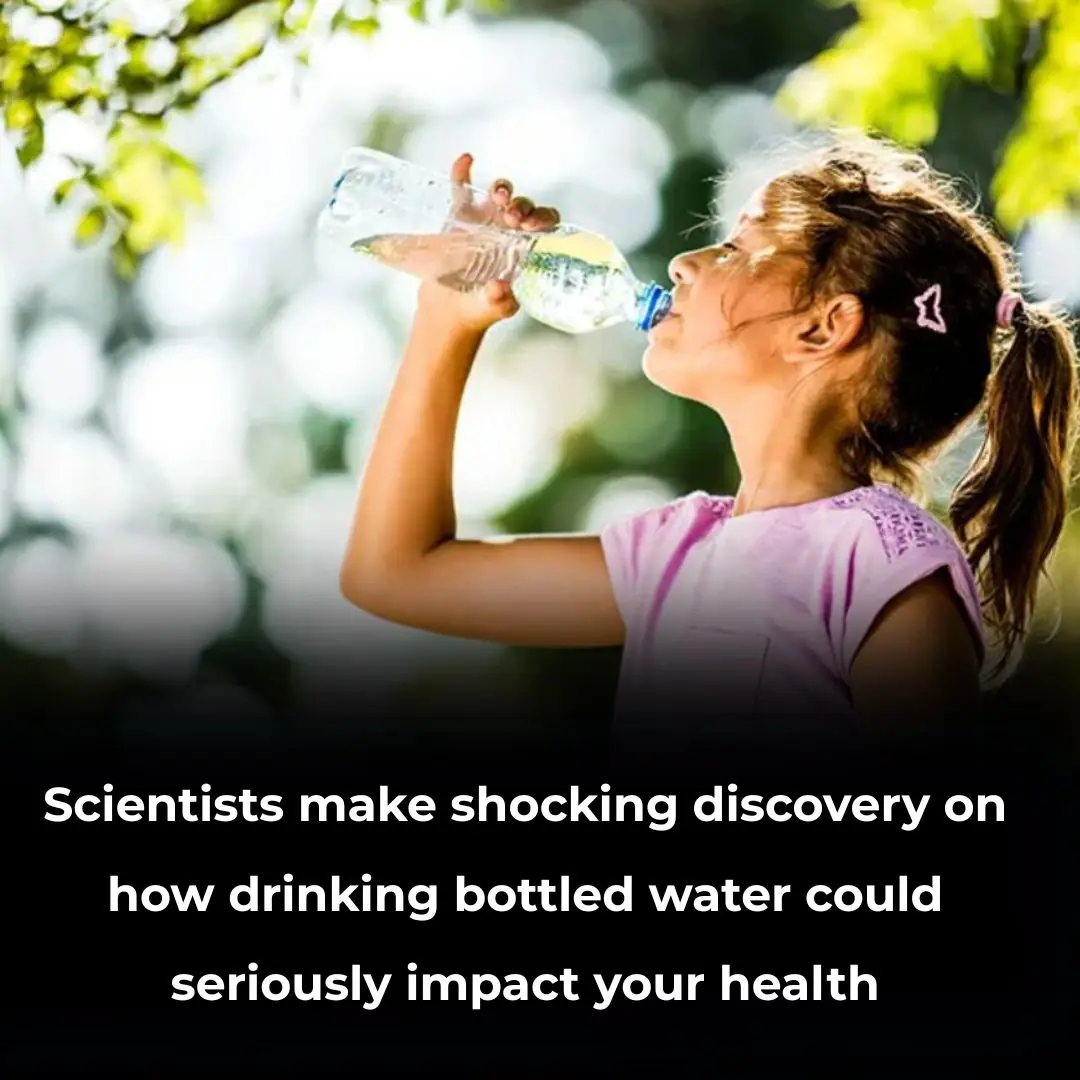
New Study Reveals Hidden Dangers Lurking in Your Bottled Water
News Post

7 Warning Signs of Liver Damage You Shouldn’t Ignore

Chewing Gum Releases Microplastics Into Saliva – Even Natural Gums Are Not Safe, Study Finds

STUDY SHOWS SWITCHING TO PERSONAL CARE PRODUCTS WITHOUT CERTIAN PRESERVATIVES TURNS BREAST CANCER GENES OFF IN 28 DAYS

Study finds that eating one common 'superfood' could cut Alzheimer's disease risk by almost 50%
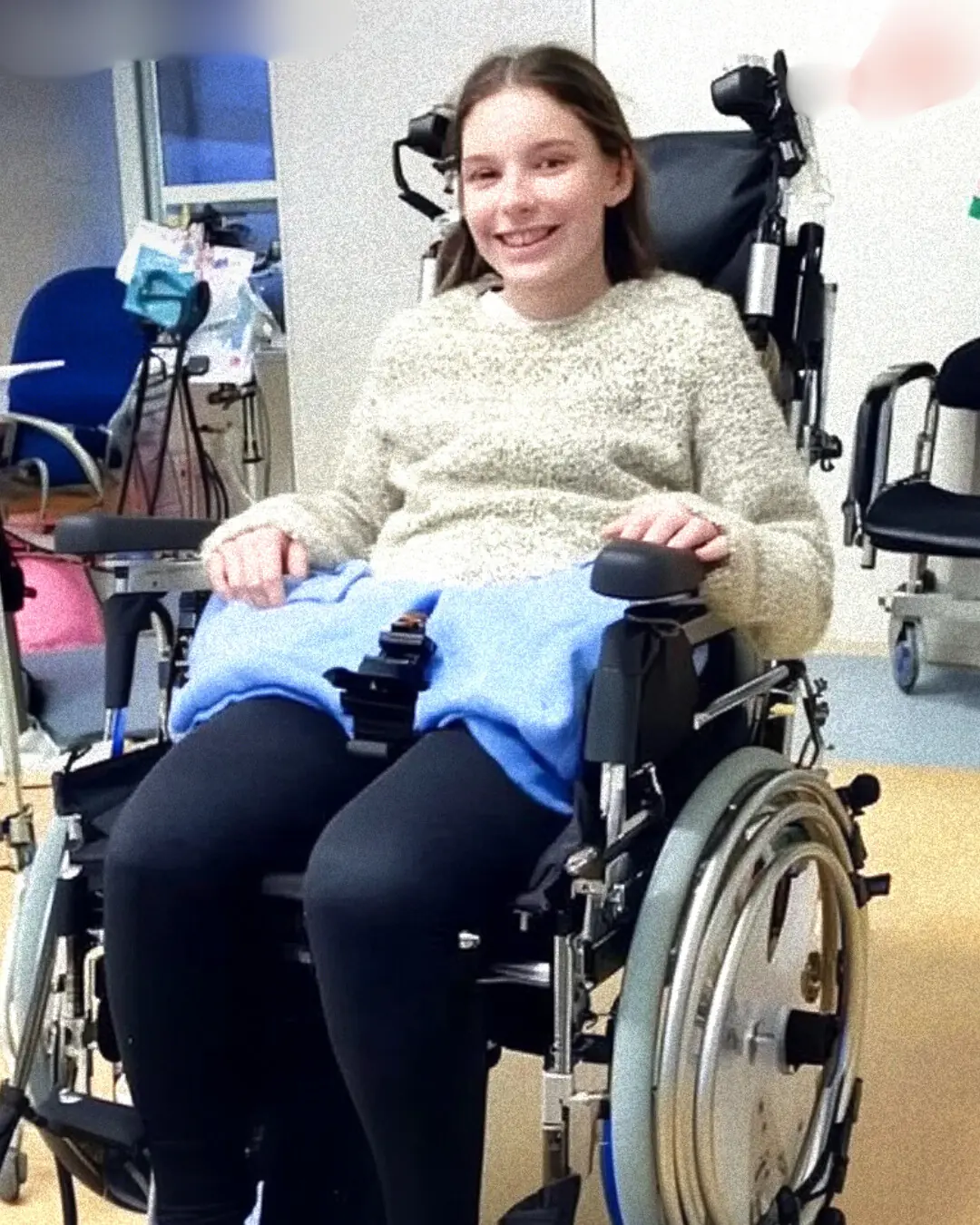
I Became a Burden to My Father after I Lost the Ability to Walk
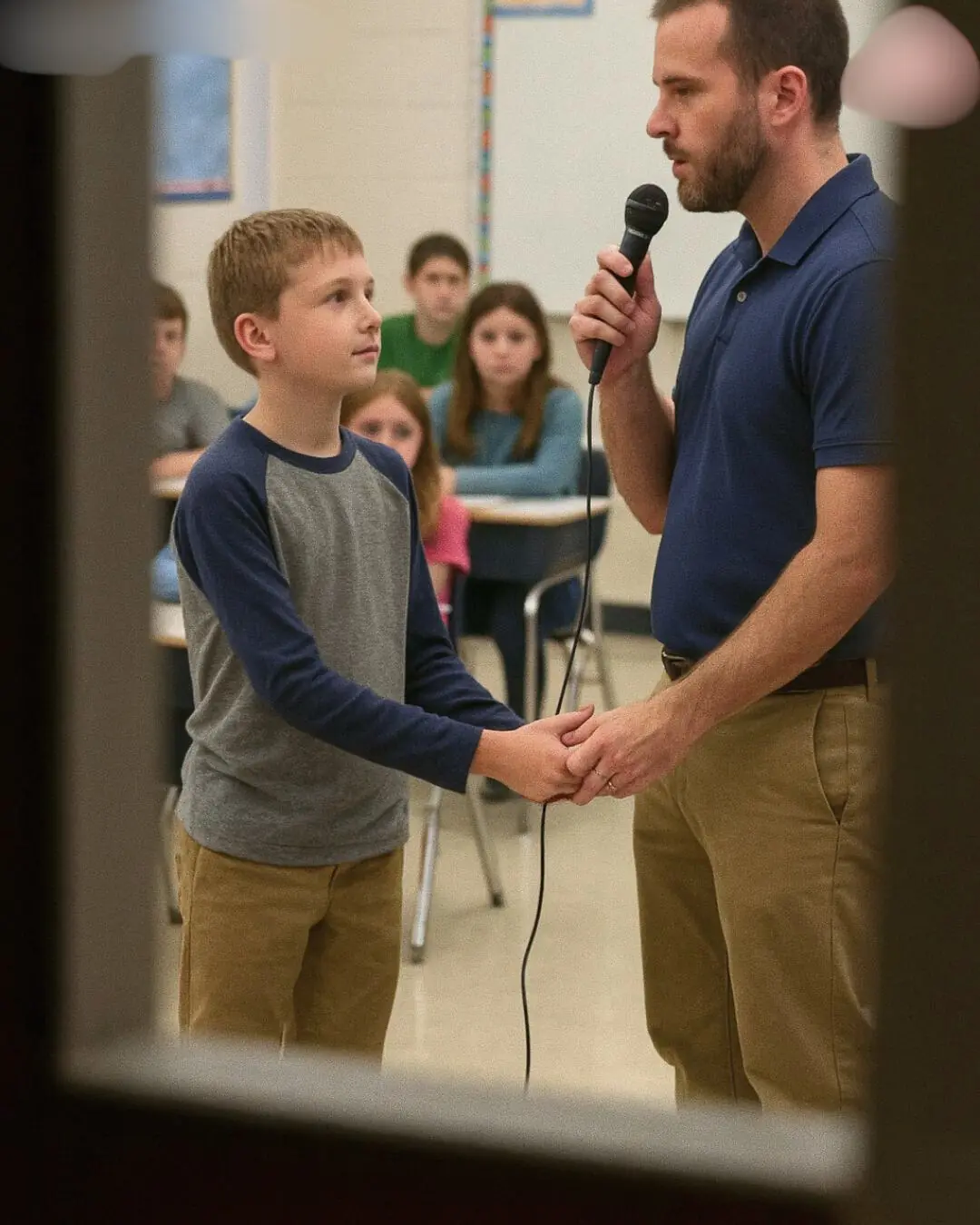
I Was Stunned When the Teacher Said All the Kids Talked about How Amazing My Husband Was on Father's Day, I'm a Widow

Side Effects and Dietary Recommendations Post Gallbladder Surgery

I Bought a Vintage Blazer at a Thrift Store for My Mom, But the Note Inside Revealed a Secret She Kept for 40 Years

Signs You May Be Living With High-Functioning Anxiety

How to Know if You Have Fibromyalgia + 8 Natural Approaches to Relieve

Dark eye circles might be a subtle health warning

Could This 3D-Printed ‘Electronic Glove’ Keep Your Heart Beating Forever?

My Neighbor Drove over My Lawn Every Day as a Shortcut to Her Yard

The Amount Of Time You Spend Peeing Could Be A Warning Sign For Bigger Health Issues

On the Day I Was Supposed to Marry the Love of My Life I Saw Her Leaving Town With My Father

Entitled Guest Demanded a Free Table at 'Her Friend’s' Restaurant — Too Bad I Was the Owner

Scientists may have finally developed pill to cure deadly disease with 90% mortality rate

I Lost My Wife and Shut the World Out—Then an Orphaned Boy Opened My Heart Again
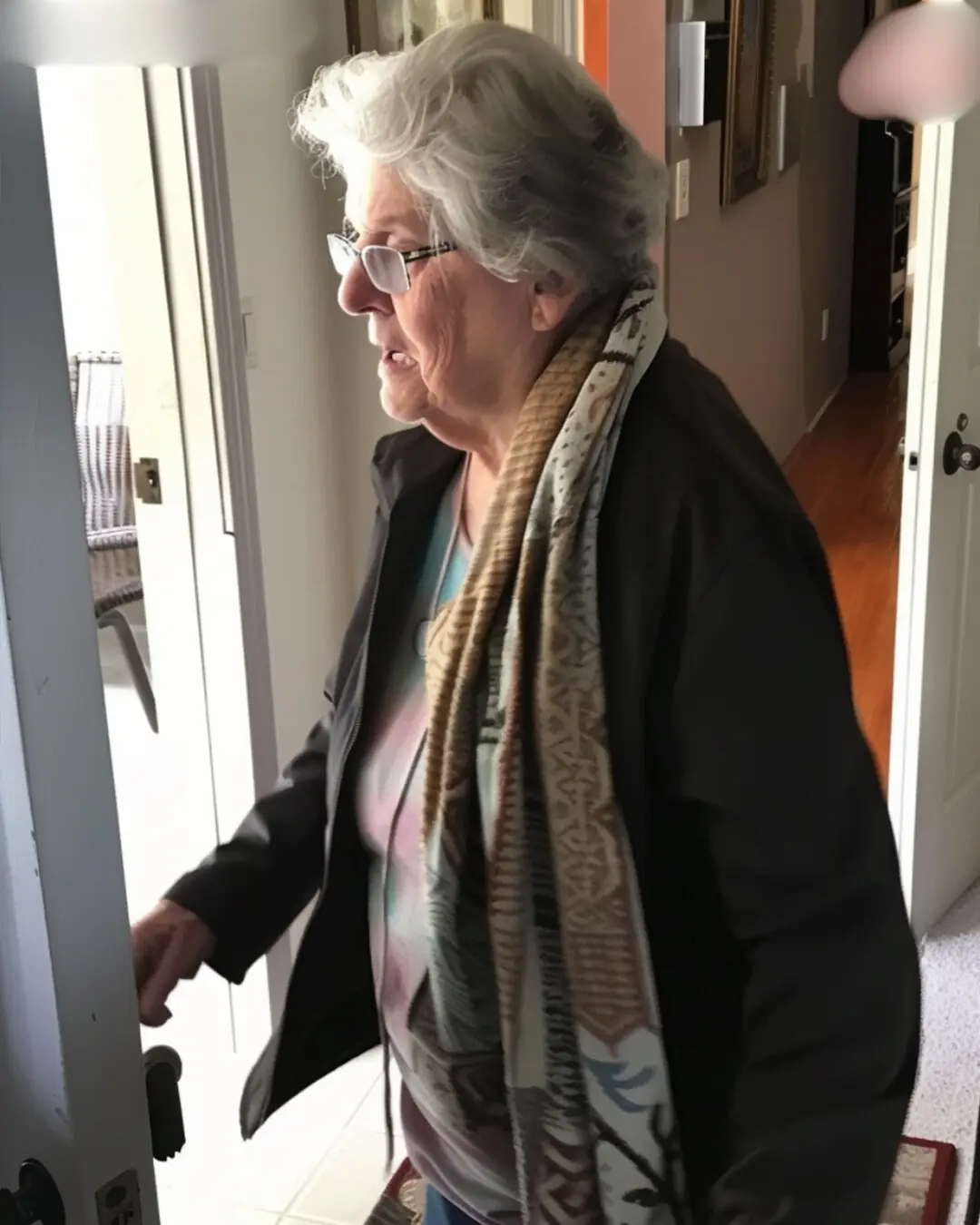
My Mom Avoided Me for Years—I Decided to Surprise Her Without Warning and Was Shocked by What She'd Been Hiding
